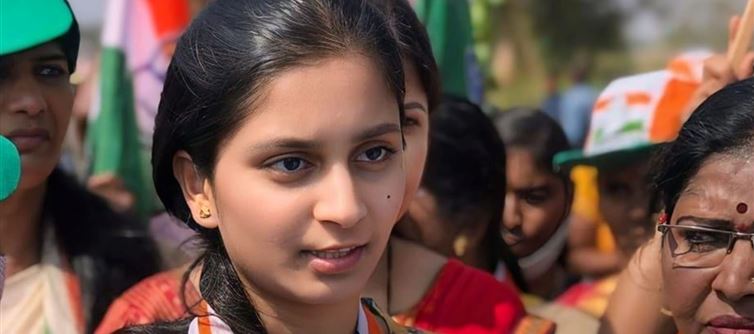
Currently, government schools in many parts of india suffer from chronic neglect—poor infrastructure, unqualified teachers, outdated curricula, and lack of accountability. But if the ruling elite had a personal stake in the quality of public education, you can be sure that improvements would come swiftly. Real reform doesn’t require more committees or slogans—it requires those in power to share in the reality they’ve created.
Similarly, requiring politicians, judges, and bureaucrats to seek medical care exclusively in government hospitals would be a powerful equalizer. India’s public health system is notorious for being underfunded, understaffed, and overwhelmed. While the average citizen often waits in long queues, battles unhygienic conditions, or suffers due to the unavailability of specialists, VIPs comfortably access private hospitals or even travel abroad for treatment—at taxpayers' expense. If they were compelled to use the same hospitals as the common man, there would be an immediate push to fix what is broken: invest in infrastructure, retain skilled doctors, and ensure proper supply chains for medicine and equipment.
These two laws alone could reset the entire governance culture in India. When decision-makers are insulated from the consequences of their own policies, they lack the urgency to act. But when they are made to live with the same systems they impose on others, the incentives change dramatically. It would force empathy, drive efficiency, and likely curb corruption, because suddenly, their own families' future would depend on the quality of governance they deliver. While it may seem idealistic, even discussing such laws is a step toward reimagining accountability in a democracy that too often separates rulers from the ruled.




 click and follow Indiaherald WhatsApp channel
click and follow Indiaherald WhatsApp channel